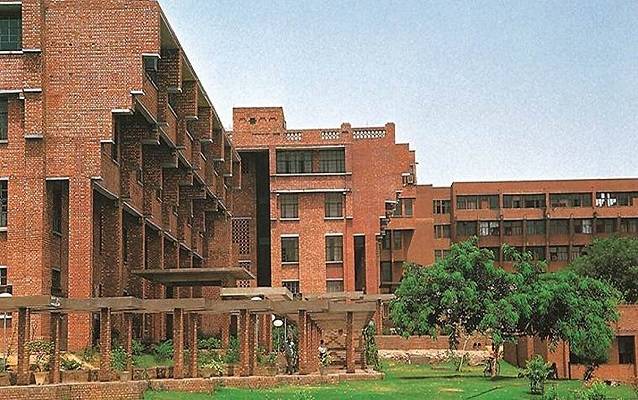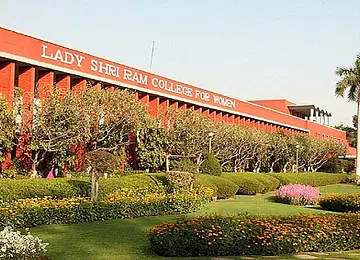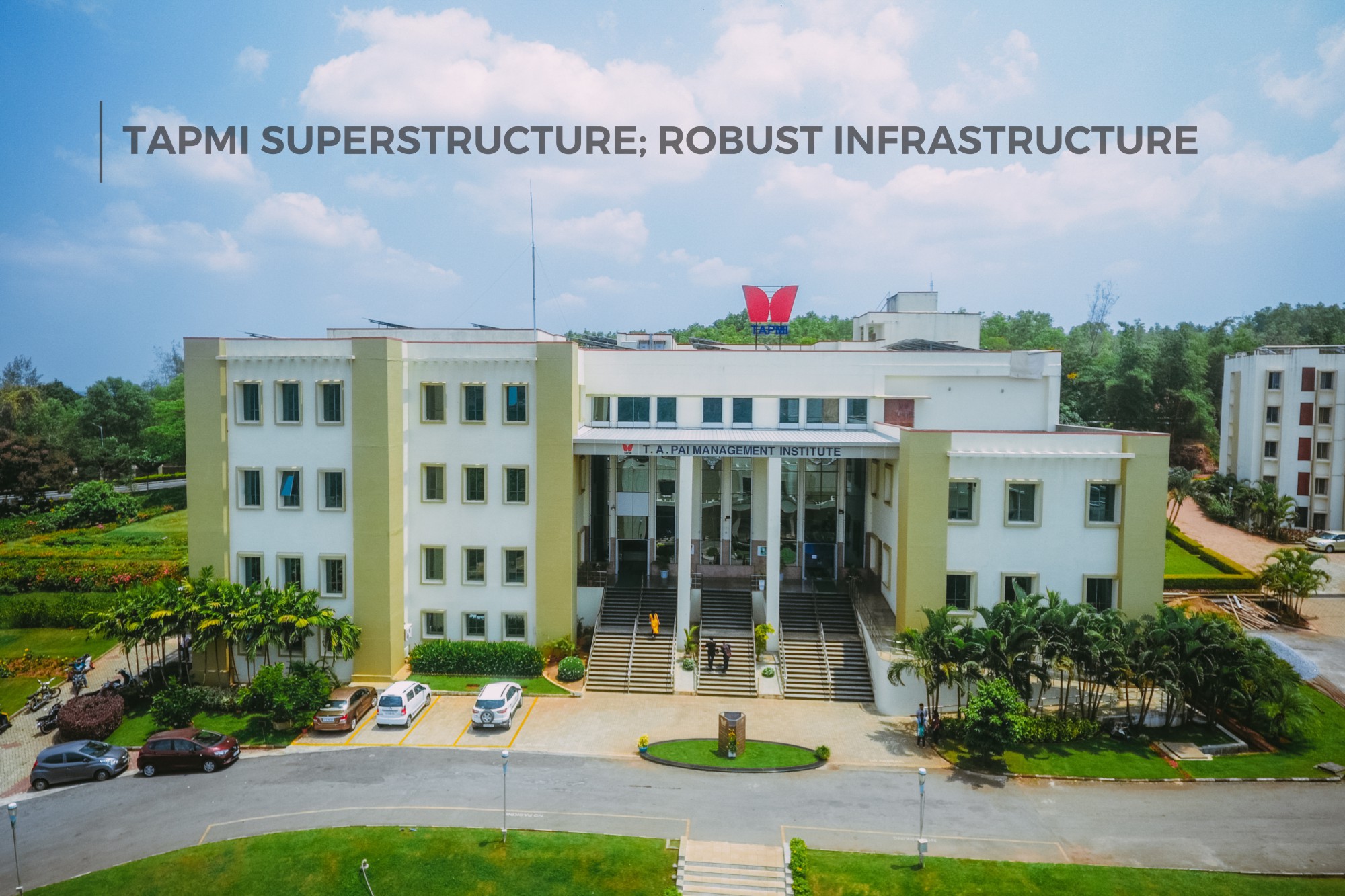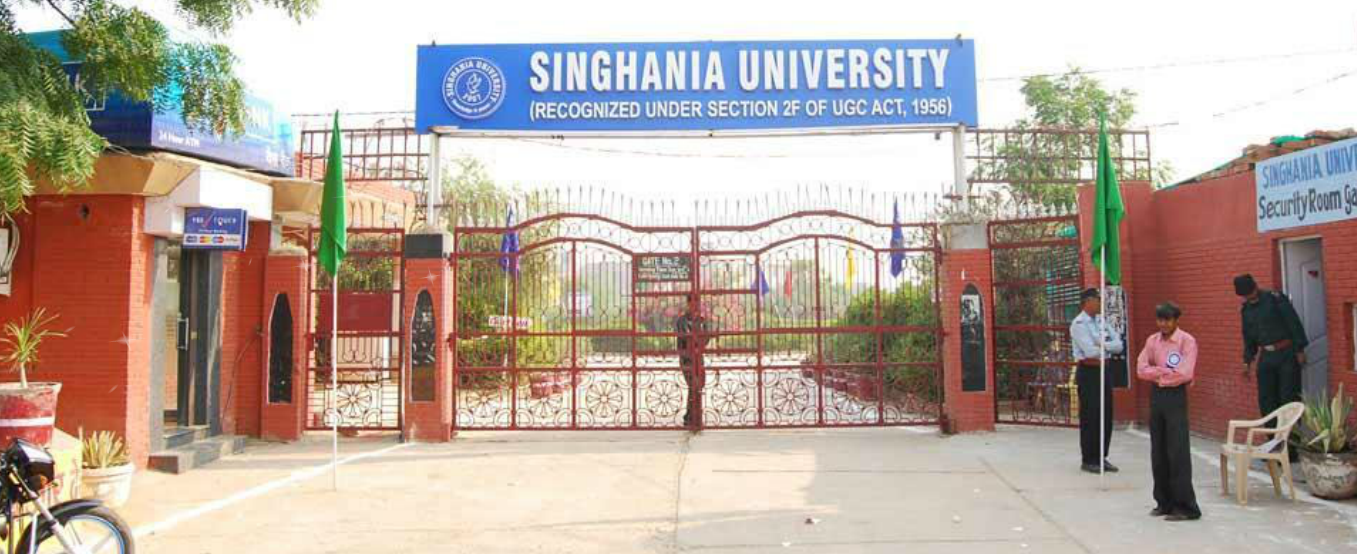
Jawaharlal Nehru University (JNU), located in New Delhi, is one of India’s leading institutions for higher education and research. Established in 1969, JNU has become renowned for its interdisciplinary approach, strong emphasis on research, and vibrant academic community. The university offers a wide range of undergraduate, postgraduate, and doctoral programs across various disciplines, including humanities, social sciences, and natural sciences.
History of JNU
JNU was established by the Jawaharlal Nehru University Act, with the vision of creating a world-class institution for advanced study and research. Named after Jawaharlal Nehru, India’s first Prime Minister, the university was founded with the objective of promoting a spirit of inquiry and fostering research across diverse fields.
The university’s campus, located in South Delhi, covers an area of over 1,000 acres. JNU has a distinguished faculty and a diverse student body, making it a vibrant center for intellectual and cultural exchange.
Programs Offered at JNU
JNU offers a wide array of programs through its various schools and centers:
- Undergraduate Programs:
- B.A. (Hons.) – Offered in fields like Political Science, Economics, and Language Studies.
- Postgraduate Programs:
- M.A. – Available in disciplines such as Sociology, History, International Relations, Environmental Studies, and Law.
- M.Sc. – In subjects including Biotechnology, Mathematics, and Physics.
- M.Tech. – In areas like Computer Science and Structural Engineering.
- Doctoral Programs:
- Ph.D. – Offered across a range of disciplines, including Humanities, Social Sciences, and Natural Sciences.
Admissions to JNU
Admissions to JNU for undergraduate and postgraduate programs are conducted through the JNU Entrance Examination (JNUEE), which is organized by the university.
JNUEE 2024: Key Details
- Exam Date: December 2023
- Application Deadline: November 2023
- Results: January 2024
- Counseling Process: February to March 2024
Expected JNUEE Cut-offs for B.A. (Hons.) (2024)
- General Category: 70-85 marks
- OBC Category: 60-75 marks
- SC/ST Category: 50-65 marks
For M.A. and M.Sc. programs, cut-offs vary based on the specific program and its popularity.
Admission Process
- Undergraduate Programs: Admission is based on JNUEE scores, followed by counseling and verification of documents.
- Postgraduate Programs: Admission is based on JNUEE scores, with some programs also considering interviews or additional assessments.
- Doctoral Programs: Admission involves a written test, followed by an interview and evaluation of the research proposal.
Fee Structure
JNU maintains an affordable fee structure, reflecting its status as a government-funded institution.
- Undergraduate Programs: Approx. INR 1,000-2,000 per annum
- Postgraduate Programs: Approx. INR 2,000-3,000 per annum
- Doctoral Programs: Fees vary depending on the research area and duration.
Scholarships: JNU offers various scholarships and financial assistance programs, including merit-based and need-based scholarships, to support students in managing their educational expenses.
Placements at JNU
JNU has a strong focus on research and academic excellence, and while it may not have a traditional placement cell like some other universities, its graduates find opportunities in academia, research institutions, and various sectors.
Career Opportunities:
- Academia: Many graduates pursue careers in teaching and research at universities and colleges.
- Research Institutions: Opportunities in organizations such as the Indian Council of Social Science Research (ICSSR), Indian Council of Medical Research (ICMR), and Tata Institute of Fundamental Research (TIFR).
- Public Sector and Government: Many graduates join government agencies, NGOs, and public sector enterprises.
- Corporate Sector: Graduates also find roles in corporate firms, especially in research, consultancy, and management positions.
Internships: JNU students gain practical experience through internships in research institutes, government agencies, and non-governmental organizations. The university’s strong academic network and industry connections facilitate these opportunities.
Campus Life at JNU
The JNU campus is designed to offer a holistic educational experience, combining academic rigor with a vibrant campus life. The campus includes modern academic buildings, residential hostels, a well-stocked library, sports facilities, and recreational areas.
Hostels and Accommodation:
- JNU provides on-campus housing for students, with separate hostels for men and women.
- The hostels are well-equipped with amenities such as Wi-Fi, common areas, dining facilities, and laundry services.
Sports and Extracurricular Activities: JNU encourages participation in various sports, cultural activities, and student organizations.
- Sports Facilities: The campus includes facilities for sports like football, cricket, basketball, and athletics, along with a gymnasium.
- Student Activities: The university has numerous student organizations and societies, including the JNU Students’ Union (JNUSU), Cultural Society, Debating Society, and Fine Arts Society.
- Festivals: JNU hosts various cultural and academic events, such as JNU Fest, Cultural Nights, and Academic Conferences.
Student Reviews:
- Academics: “JNU provides an intellectually stimulating environment with a strong emphasis on research and interdisciplinary studies. The faculty members are highly qualified, and the academic programs are rigorous.”
- Placements: “While JNU is more research-oriented, the university’s strong network and academic reputation open doors to various career opportunities in academia, research, and government.”
- Campus Life: “The campus life at JNU is dynamic and engaging. There’s a rich mix of academic and extracurricular activities, and the hostel facilities are comfortable and well-maintained.”
Research and Innovation at JNU
JNU is known for its research output and innovation, with several research centers and initiatives focusing on cutting-edge topics.
Research Centers:
- Centre for Historical Studies: Specializes in historical research and studies.
- Centre for Science Education and Communication: Focuses on science communication and education.
- Centre for Social Medicine and Community Health: Researches public health and community medicine.
International Collaborations:
JNU has established partnerships with several leading international universities and research institutions, offering students opportunities for exchange programs, joint research, and global exposure. Partner institutions include:
- University of Cambridge (UK)
- Harvard University (USA)
- University of Tokyo (Japan)
- University of Melbourne (Australia)
Why Choose JNU?
- Interdisciplinary Approach: Emphasizes a broad-based, interdisciplinary approach to education and research.
- Strong Research Focus: Recognized for its research output and academic excellence.
- Dynamic Campus Life: Offers a vibrant campus environment with diverse extracurricular activities and a supportive community.
- Affordable Education: Provides high-quality education at an affordable fee structure.
Conclusion
Jawaharlal Nehru University (JNU), New Delhi stands out as a leading institution for higher education and research, known for its interdisciplinary approach, research excellence, and vibrant academic community. With its strong emphasis on intellectual development and practical experience, JNU offers students a robust foundation for successful careers in academia, research, and beyond.






